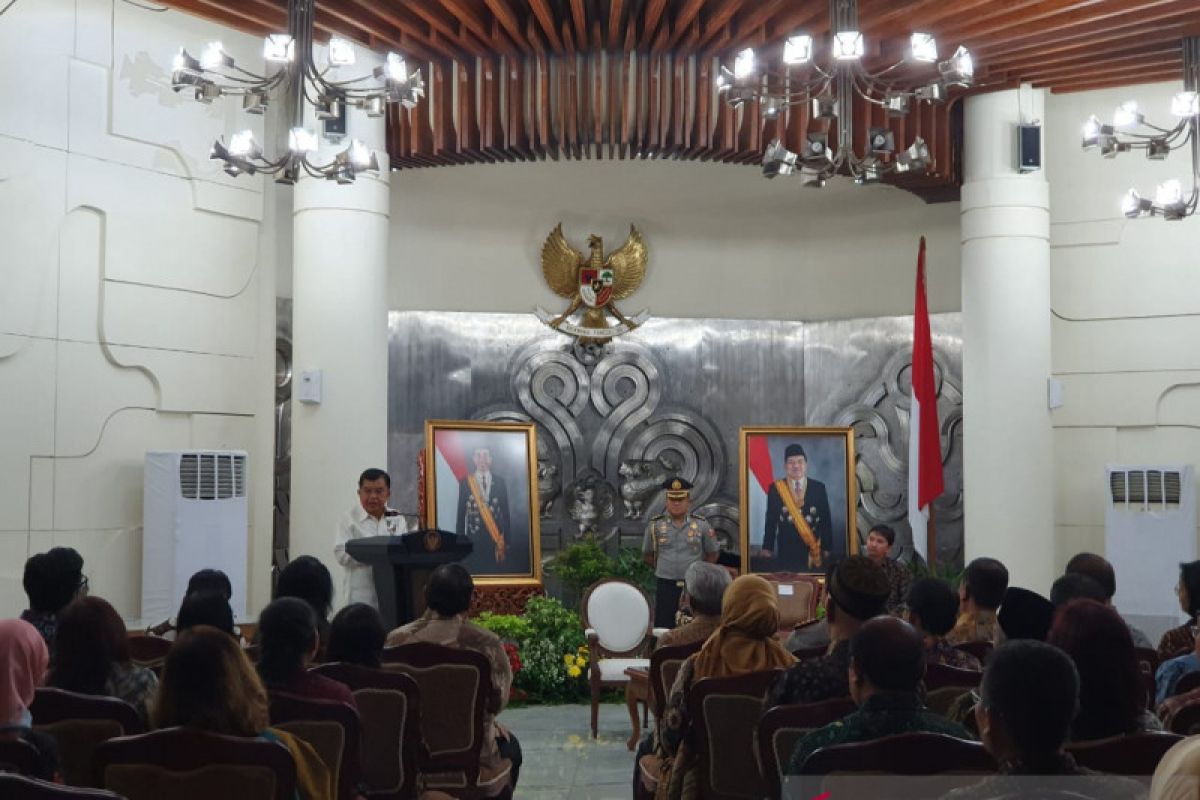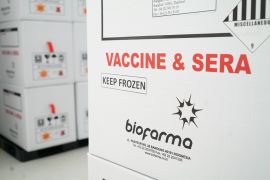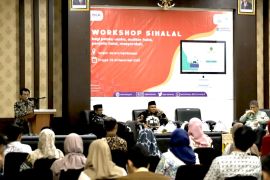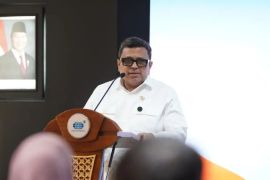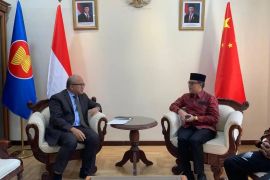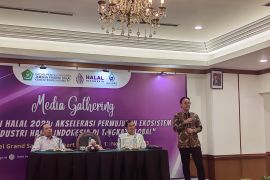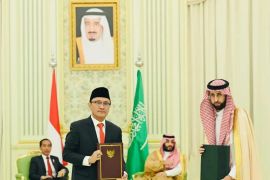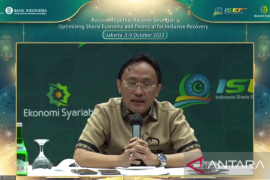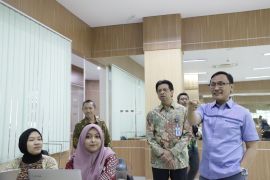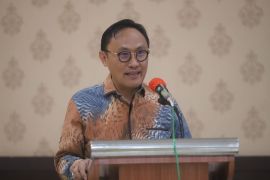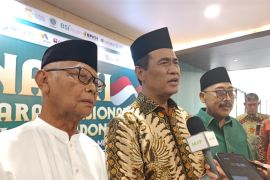As religion tells us that we ought to 'let the experts do the specific things', so that the halal certification system is understood as cooperation with people who have the capabilities in their fieldJakarta (ANTARA) - The new halal certification currently conducted on food and beverage products as well as goods in Indonesia has brought in experts to ensure more credible results, Vice President Jusuf Kalla has stated. "As religion tells us that we ought to 'let the experts do the specific things', so that the halal certification system is understood as cooperation with people who have the capabilities in their field," Kalla said at the Vice President’s Office in Jakarta Wednesday.
Before the new halal certification, only the Indonesian Council of Ulema had the right to conduct the process. But presently, the process is undertaken by both, MUI and the Agency of Halal Product Certification (BPJPH).
BPJPH is a government agency under the Ministry of Religious Affairs that is authorized to observe, verify, and also recommend the halal status of a product to MUI, which is then certified by the council.
Apart from the BPJPH, the new system will also involve the Agency of Drug and Food Control (BPOM) to specifically conduct laboratory examinations on food and beverage as well as drugs.
"We are very thankful to MUI as the council that does the job on determining whether a product is halal or not. However, we also need a better one. BPJPH and BPOM are here to conduct the examination, while MUI issues the fatwa (certificate) of halal. And that is very important," Kalla emphasized.
BPOM has laboratories and experts across Indonesia as its involvement. This will save cost which would otherwise have to be spent on establishing a new special agency.
The new halal certification which will gradually be implemented from Thursday, October 17, has a five-step application process. These are registration, document checking, product examination, halal determination, and the issuing of a halal certificate.
There will be two parts to this new system which will first be applied to foods, beverages, and services from October 17, 2019 to October 17, 2024.
The second part is going to be implemented for all non-food and beverage products starting from October 17, 2021 with a range of seven, ten and 15 years. (INE)
Related news: Indonesia set to become main producer in global halal industry by 2024
Related news: Indonesia is expanding the halal industry market in Russia
EDITED BY INE
Translator: Fransiska Ninditya, Suwanti
Editor: Suharto
Copyright © ANTARA 2019
